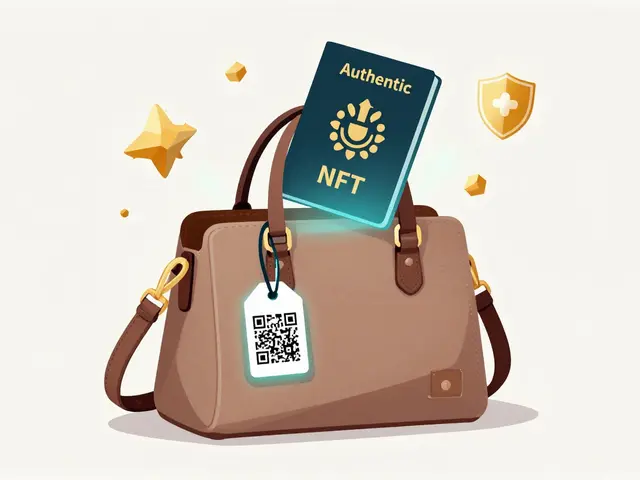KYC Alternatives: Exploring Privacy‑Friendly Verification Methods
When talking about KYC alternatives, methods that let users prove who they are without handing over personal documents to a central authority. Also known as alternative verification, it aims to keep your data safe while still satisfying regulators. KYC alternatives are gaining traction as more projects look for ways to cut friction and boost user trust.
Why Look Beyond Traditional KYC?
Traditional KYC forces you to upload IDs, selfies, and proof‑of‑address to a single company. That creates a single point of failure – if the provider gets hacked, all that data is exposed. Decentralized identity, a framework where identity data lives on a distributed ledger and users control access flips this model. Instead of a database you own, you hold a cryptographic credential that you can present when needed. This reduces breach risk and gives you the power to decide who sees what.
One big player in this space is self‑sovereign identity, a concept where individuals own, manage, and share their identity information without relying on a third‑party issuer. Think of it as a digital passport you keep in your wallet. When a service asks for proof of age or residency, you can provide a signed statement that verifies the claim without revealing your full birth certificate. Projects like Polygon ID and Sovrin use this approach to let users onboard in seconds, cutting the onboarding cost for exchanges and DeFi platforms.
To make these ideas work on‑chain, developers use on‑chain verification, smart‑contract based checks that confirm a credential’s validity without exposing the underlying data. A typical flow involves a zero‑knowledge proof: you prove you own a credential without showing the credential itself. This lets a crypto exchange comply with anti‑money‑laundering rules while keeping user data encrypted. The benefit is twofold – regulators see a valid proof, and users keep their personal info hidden.
Privacy‑preserving verification doesn't stop at identity. Some platforms combine on‑chain checks with tokenized KYC, where a non‑transferable NFT represents a verified status. Holding that NFT signals to other services that you’ve cleared the required checks. This token can be revocable, ensuring that if a user’s risk profile changes, the verification can be updated in real time. Such mechanisms are useful for airdrop eligibility, token sales, and even cross‑border payments where traditional KYC is cumbersome.
Implementing these alternatives is easier than you think. First, pick a wallet that supports verifiable credentials – many mobile wallets now include a “Credentials” tab. Next, choose a verification provider that offers pre‑built smart contracts; services like Civic or KILT Protocol give you plug‑and‑play modules. Finally, integrate the verification flow into your onboarding UI, letting users scan a QR code that triggers a zero‑knowledge proof. This three‑step approach can shave minutes off the signup process and dramatically improve conversion rates for crypto exchanges, NFT marketplaces, and DeFi apps.
Below you’ll find a curated set of articles that dig deeper into each of these topics. From detailed reviews of exchanges that have adopted KYC alternatives to step‑by‑step guides on setting up self‑sovereign identity, the collection covers practical tips, real‑world examples, and the regulatory nuances you need to know. Dive in to see how you can future‑proof your projects while keeping user data private and secure.
Non-KYC Crypto Exchanges: Privacy, Risks, and How to Trade in 2025
Explore non-KYC crypto exchanges in 2025: learn how they work, top platforms, privacy benefits, risks, and step‑by‑step guide for safe anonymous trading.





